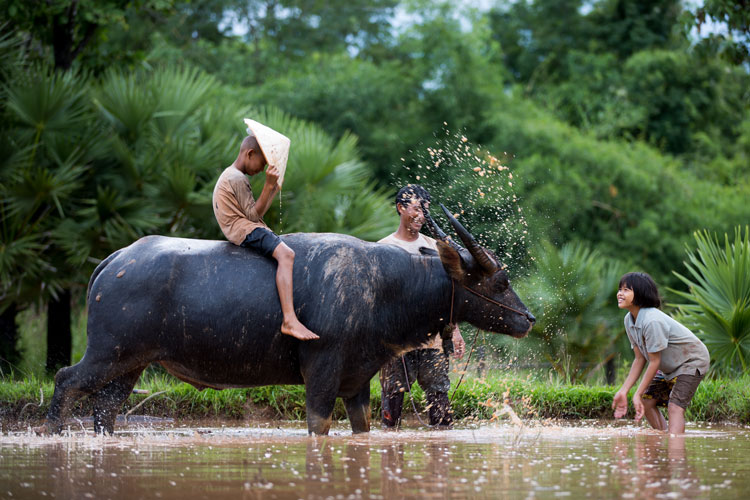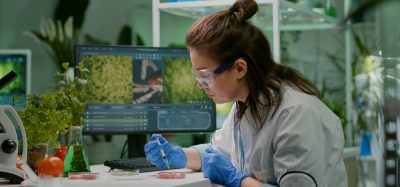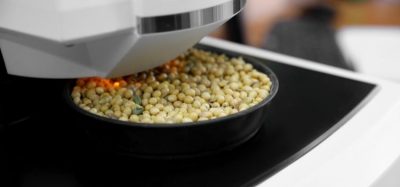Gene editing could improve productivity traits in water buffalo
- Like
- Digg
- Del
- Tumblr
- VKontakte
- Buffer
- Love This
- Odnoklassniki
- Meneame
- Blogger
- Amazon
- Yahoo Mail
- Gmail
- AOL
- Newsvine
- HackerNews
- Evernote
- MySpace
- Mail.ru
- Viadeo
- Line
- Comments
- Yummly
- SMS
- Viber
- Telegram
- Subscribe
- Skype
- Facebook Messenger
- Kakao
- LiveJournal
- Yammer
- Edgar
- Fintel
- Mix
- Instapaper
- Copy Link
Posted: 21 September 2020 | Mandy Parrett (New Food) | No comments yet
New research has highlighted the potential for gene editing to replicate desirable characteristics in water buffalo, a key livestock in many Asian countries.


Domestication has demonstrated numerous beneficial effects in productivity traits for livestock across the globe, including milk yield, disease resistance and birth weight, according to scientists. This new research has found comparable effects on regions of the genetic makeup of cattle and water buffalo that are associated with these traits.
In a study led by researchers from the Roslin Institute – part of the University of Edinburgh’s Royal (Dick) School of Veterinary – and the Centre for Tropical Livestock Genetics and Health (CTLGH), the genomes of 79 water buffalo were compared to those of 294 cattle from around the world, as well as other domesticated species.
In the course of the research, co-funded by CTLGH, the Government of India and the UK Research and Innovation’s Biotechnology and Biological Sciences Research Council, scientists from The Roslin Institute aimed to pinpoint areas of the genome that correlate with desirable production traits. If genetic sequences linked to beneficial traits can be found in different species, gene-editing techniques may help improve the productivity and health of agricultural animals in low- and middle-income countries and so improve the lives of those who depend on them, the researchers suggest.
For example, the DNA change that causes a black coat colour in German Shepherd dogs was also found in some water buffalo, which have been selected for coat colour.
The study also found that regions of the cattle and water buffalo genomes linked to domestication overlap those associated with stature in the human genome, likely resulting from human pressures to increase animal size.
Water buffalo are important for milk, meat and as working animals in the Indian subcontinent and millions of smallholder farmers in Asia rely on them for food and income.
Dr James Prendergast, Senior Research Fellow at the Roslin Institute, said: “We hope that by better understanding the genetics of domestication across cattle and water buffalo we can use the knowledge we have gained about one species and apply it to another, to further improve animal health and productivity.”
The study was published in Nature Communications.
Related topics
Food Security, Genetic modification (GMO), New product development (NPD), Product Development, Research & development, Sustainability, Technology & Innovation
Related organisations
Biotechnology and Biological Sciences Research Council, Centre for Tropical Livestock Genetics and Health (CTLGH), Roslin Institute at the University of Edinburgh, The Royal (Dick) School of Veterinary Studies, UK Research and Innovation (UKRI)









